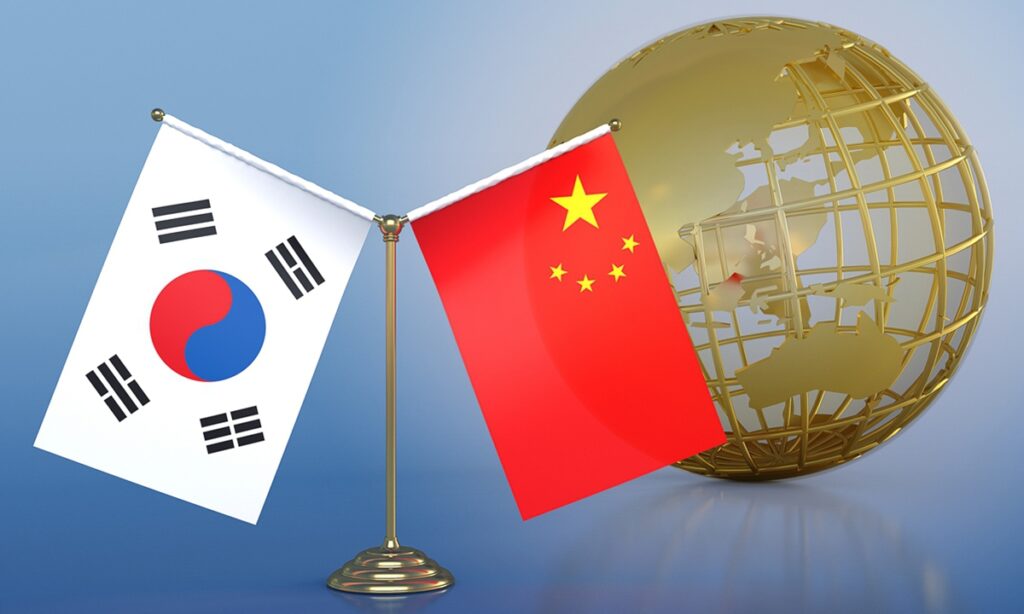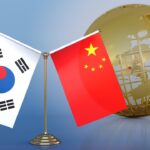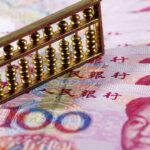China-Australia economic and trade relations are facing an important window period. The two sides have important consensus on jointly maintaining the positive momentum of bilateral relations, Chinese Ambassador to Australia Xiao Qian told the Global Times in a written interview.
The recent resumption of exchanges and cooperation between China and Australia in various fields fully demonstrates that despite some differences, the two sides have a strong desire for communication and exchanges and share broad and profound common interests. This year is crucial for the steady and sound development of China-Australia relations, said Xiao.
During the upcoming visit of Australian Trade Minister Don Farrell, the Chinese and Australian economic and trade ministers can have in-depth exchanges on topics of their respective concern and common interest and discuss future cooperation, the Chinese ambassador said.
“I look forward to Minister Farrell’s visit to further promote practical cooperation between Australia and China for the benefit of both peoples,” said Xiao.
As a direct result of improving bilateral relations, Australian exports to China surged to a nearly two-year high and a second high in history in March, reaching about A$19 billion ($12.8 billion), up 31 percent year-on-year, according to statistics released by the Australian Bureau of Statistics on Thursday.
The rise in exports to China has left Australia with a trade surplus of about A$15.3 billion, which means, without or with fewer exports to China, Australia would have witnessed a trade deficit in March.
However, Xiao stressed that the Australian side should respect China’s core interests as a prerequisite and political foundation to improve, maintain and develop bilateral relations.
The ambassador said China is firmly opposed to the AUKUS clique of the US, the UK and Australia, which is pushing forward nuclear-powered submarine program and coercing the International Atomic Energy Agency to endorse it.
It should be pointed out that AUKUS nuclear submarine cooperation carries significant nuclear proliferation risks. The US, the UK and Australia nuclear submarine cooperation sets a bad precedent, which will have a negative impact on the settlement of regional nuclear hotspot issues, Xiao stressed.
“At the same time, we hope that the Australian side will earnestly abide by the one-China principle, which is an important prerequisite and political foundation for improving, maintaining and developing China-Australia relations, and earnestly respect each other’s core interests and major concerns,” said Xiao.
He also stressed that the so-called economic coercion by China against Australia is completely false.
“As far as I am concerned, the Australian side has the following concerns: First, the Chinese government has conducted anti-dumping and anti-subsidy investigations on certain imported goods from Australia on the basis of the application of relevant domestic industries. The relevant processes are conducted in strict accordance with Chinese laws and WTO rules.
“Second, Chinese people were angry at the wrong words and deeds of the previous Australian government and were unwilling to buy Australian goods and services.
“Third, due to a series of actions by the Australian side, some Chinese companies have become more cautious and vigilant about cooperation with Australia, and their willingness and confidence to invest in Australia have declined, and thus they have made their own decisions. Fundamentally speaking, this is all a response to the wrong words and deeds of the previous Australian government,” said Xiao.
At present, China-Australia relations are showing a momentum of stable and sound development, and bilateral economic and trade relations are facing an important window period. The two sides should make joint efforts to inject more positive factors into economic and trade cooperation.
(Global Times)




